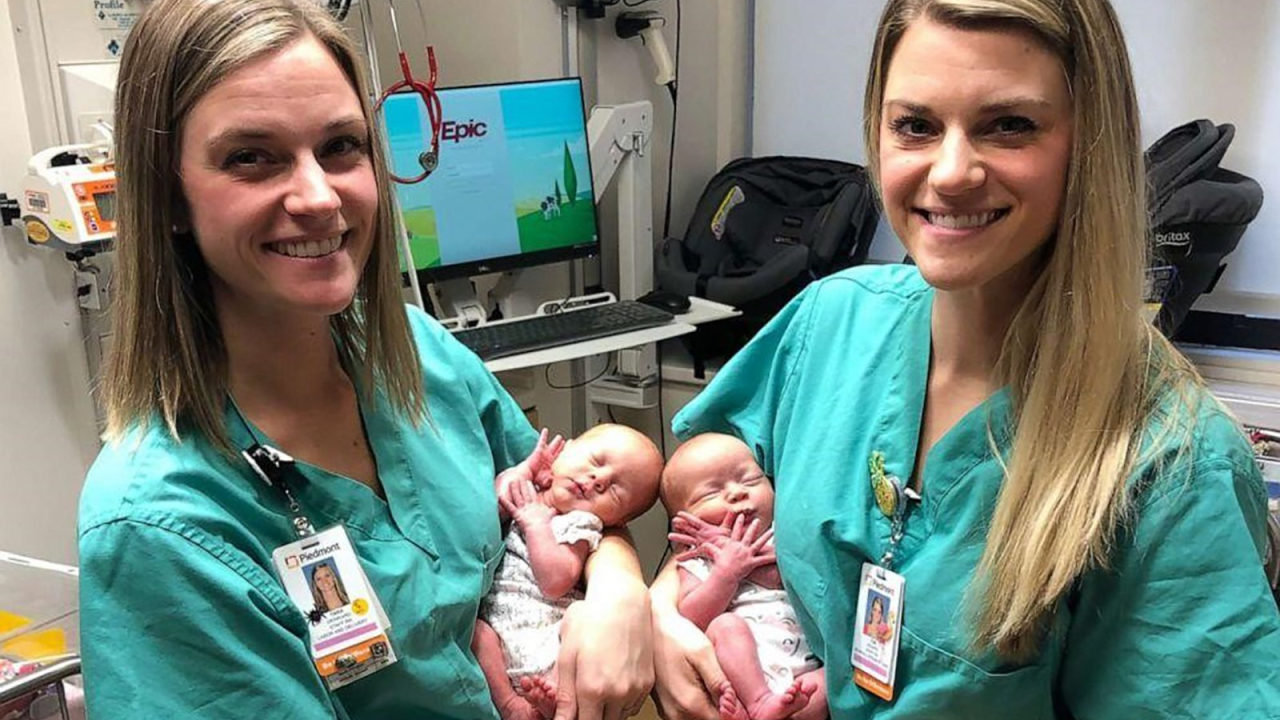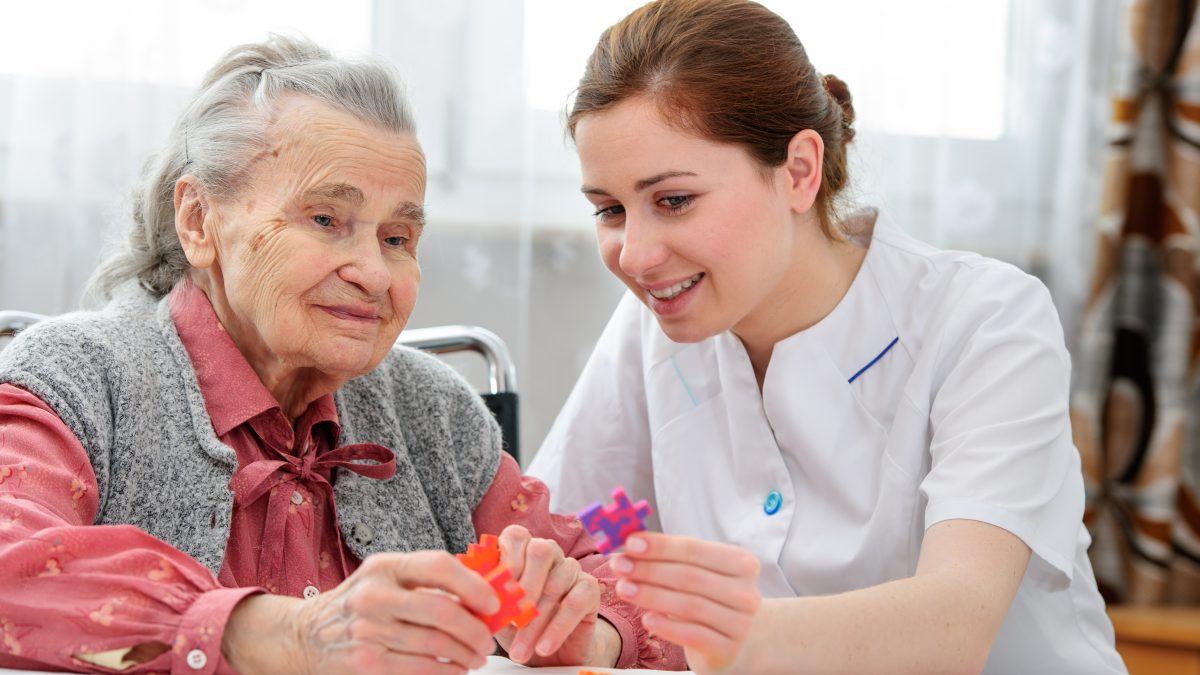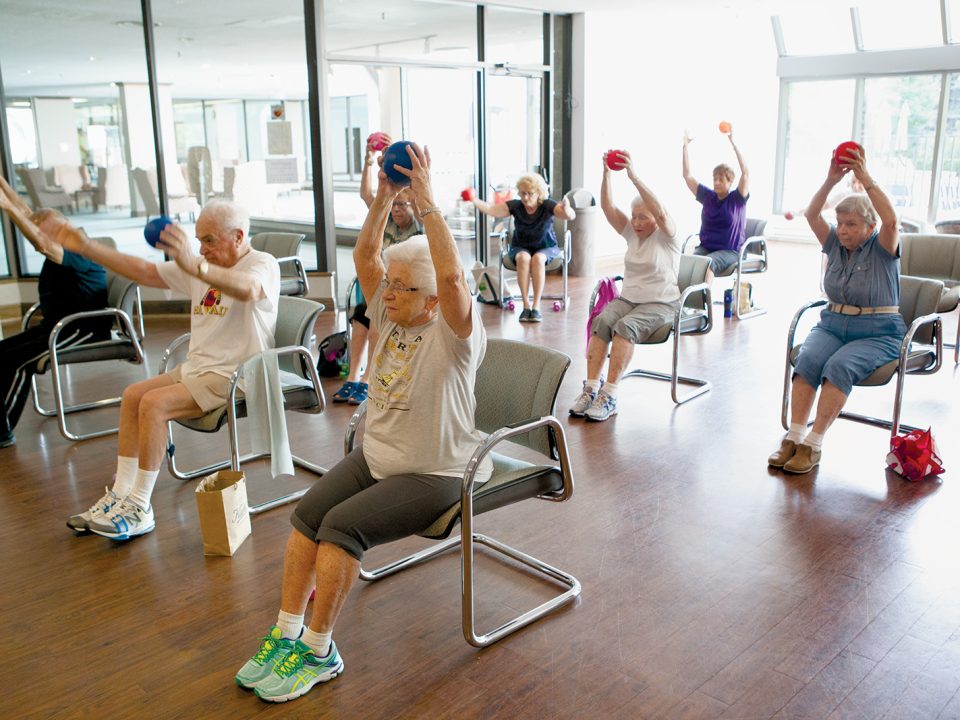
Identical twin babies delivered by identical twin nurses.
October 17, 2019
The tiny machine saving midwives’ time in an emergency
October 21, 2019It is now time to tackle our ageing issue

Elder care nurse playing jigsaw puzzle with senior woman in nursing home
It is now time to tackle our ageing issue
Growing old can be a tricky business, and it’s something more of us are set to experience first-hand. By 2050, it is expected that one in five people worldwide will be over the age of 60, while Australia’s population of over-80s is projected to triple by the same year.
As Sandy Van Der Toorn, the Woden Community Service’s social group coordinator for over 65s, recently told the Sunday Canberra Times, the elderly are frequently isolated and depressed as a result of things like boredom and loss of independence.
The fact we already have this problem should set alarm bells ringing when you consider how much more widespread it is likely to become as our population ages.
Any form of meaningful engagement for our senior citizens is crucial to their quality of life, and in Canberra there are already a number of community groups helping combat the issue with thoughtful and innovative programs.
But the need for more to be done is only ever increasing and intergenerational playgroups are something people of all ages can get behind as a way to combat some of the issues that come with getting older.
The ACT already has eight intergenerational playgroups, bringing together residents of aged care facilities and young children each week.
It’s a blend of youth and experience that wouldn’t otherwise be possible for the elderly people who are without family, and for the youngsters who don’t have grandparents in their life.
This, of course, wouldn’t be possible without the willingness of the children’s parents, creating a need for people at just about every stage of life to play a role.
Following the ABC documentary Old People’s Home for 4-Year-Olds, there has been so much interest in the concept that people wanting to get involved in Canberra are being placed on a waiting list.
All aged care homes in the ACT should take note of the benefits of intergenerational playgroups, and look to open these up to their residents.
Before the ABC’s social experiment, the UK’s Channel 4 screened a documentary of the same name. At the start of the experiment in Bristol, nearly all the aged care residents who participated were identified as depressed. Halfway through, measurements of their cognition, mood and state of depression had noticeably improved. By the end none of the residents were found to be depressed, including two who had been severely depressed at the start.
With more of us than ever set to reach old age, now is the time to start making arrangements like intergenerational playgroups the new normal in aged care homes.
This article was originally published on The Canberra Times on 20/10/19.










